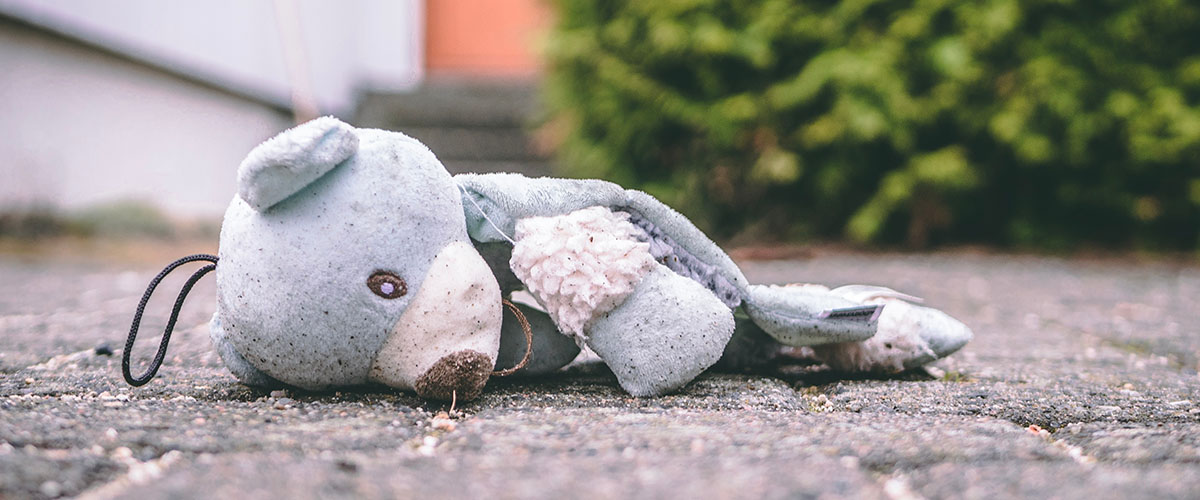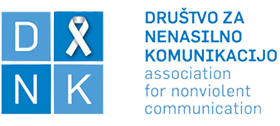
1. Violent parenting leads to a child’s inadequate behavioural patterns.
Children are very receptive to negative messages about themselves, others and the world. Adults often use violence against children with educational arguments. They use violence “to teach a child something”. Although they use it with good intentions, violence is unacceptable parenting method. It causes a child to feel pain, fear, sadness and anger. Adults use violence as a shortcut to achieve discipline, obedience, proper behaviour. Nevertheless, a child gets harmful messages and learns inappropriate behavioural patterns, such as:
- it is ok to use violence "out of love";
- it is ok to use violence to achieve something;
- It is important to have power and abuse it over others. "When I grow up, I'll do the same to others."
- someone who disagrees with you or has done something wrong deserves to be beaten;
- you cannot expect safety from those who claim they love you;
- a child's feelings are irrelevant, false, harmful;
- subordination;
- revenge;
- violent conflict resolution;
- solving stressful situations or problems by directing aggression against others;
- violence is allowed when you lose your nerve;
- talking about problems is irrelevant.
2. Using violence when raising a child is inadequate parenting.
3. Parents should teach their children to use non-violent communication and behavioural patterns.
4. Children learn from experience and role models.
5. What is psychological violence against children?
When children and adults talk about psychological violence, they usually mention one of the following forms:
- Intentional disparaging, name-calling and other forms of offensive behaviour towards a child, which affect their self-esteem and self-image.
- Neglecting children's emotional needs, lack of emotional warmth, failure to respond to child’s emotional distress, not supporting a child when they need support.
- Excessive Demands.
- Conditioning love (for example, parents love a child only when they behave as they wish, otherwise they do not love them or reject them).
- Depriving a child of opportunities to develop into an independent, unique personality and develop their potential.
- Rejection and unjust behaviour in comparison to siblings.
- To ridicule and mock a child, use of degrading terms, public humiliation, attributing negative characteristics.
- Intentionally causing fear; discipline by intimidation, threatening with physical attack.
- Leaving a small child alone.
- Isolating a child socially (prohibiting contact with adults or peers), spatial isolation.
- Forcing a child to observe violence or to participate in violent situations. Using a child to blackmail the other parent or adult.
- Generalising child's inappropriate behaviour to the child's personality. For example: "You haven’t done your homework again! You are such a lazy child."
- Blaming a child for your own unpleasant feelings: "I have never felt as embarrassed as today because of your behaviour".
6. What is physical violence or child maltreatment?
Physical violence is any form of corporal punishment, including one that leaves no visible consequences on the body. Any violence has consequences on child's psyche and is inexcusable.
When to suspect that a child is experiencing physical violence?
- When a child repeatedly has body wounds, bruises or burns.
- When a child hides wounds and bruises under long sleeves and pants and is dressed like this, even when it's hot or during gym.
- When a child doesn’t want to talk about injuries or makes up a strange story of how they’ve got them.
- When adults explain child's injuries with stories that seem unbelievable or too common.
- When a child is afraid that we will talk about injuries with parents.
- When a child has bruises on soft parts of the body, which could be caused by someone biting or pinching.
- When a child is afraid to go home.
- When a child has a very strong emotional reaction when receiving a bad mark or when they make a mistake, about which parents will be notified.
- When a child is afraid to be examined by a doctor.
- When a child shows self- destructive tendencies.
- When a child uses violence towards others and has other behavioural problems.
- When a child runs away from home.
7. What is child sexual abuse?
Child sexual abuse is a form of child abuse in which an adult or adolescent engages a child in sexual activities, no matter whether by pressure or by other means. It includes inappropriate exposure (of the genitals, etc.), sexual intercourse of any kind, inappropriate touching, child grooming, using a child to produce materials of child sexual abuse, etc. Due to unequal power in the relationship between a child and an adult/adolescent, a child has no real chance to refuse sexual activity. The task of all adults is to respect and protect the sexual integrity of children.






